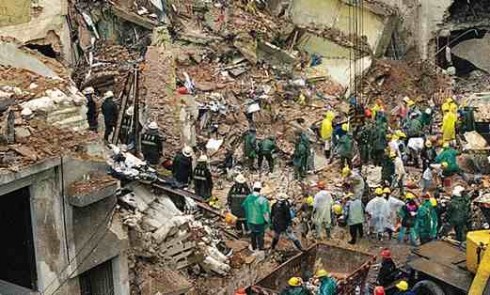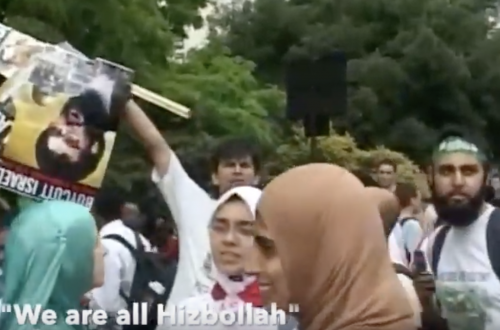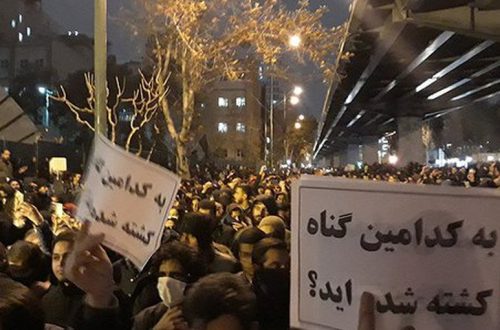A few years ago, it seemed the Argentine government was finally getting serious about bringing to justice the murderers responsible for the 1994 bombing of a Jewish community center in Buenos Aires which killed 86 people.

In 2003, after almost a decade of botched and scandal-plagued investigations, then-president Nestor Kirchner opened sealed government documents relating to the bombing.
In 2006 Argentine prosecutors accused the Iranian authorities of directing Hezbollah to carry out the attack on the center. They called for the arrest of former Iranian President Hashemi Rafsanjani, Defense Minister Ahmad Vahidi and six others.
Of course the Iranian regime denied involvement and refused to extradite Rafsanjani, Vahidi or anyone else. So the following year Kirchner stood on principle by refusing to join other Latin American leaders in greeting President Mahmoud Ahmadinejad on his tour of the region.
Now, for whatever reason, Kirchner’s widow and successor as president, Cristina Fernández de Kirchner, has dishonored the memory of her late husband by entering into an agreement with the Iranian regime to create a “truth commission” to resolve the matter.
The commissioners will examine the evidence and recommend how to proceed “based on the laws and regulations of both countries.” Then, commissioners and Argentine investigators will travel to Teheran to question the suspects.
“Historic” was how President Cristina Fernandez described the agreement signed Sunday in Africa by foreign ministers Hector Timerman and Ali Akbar Salehi.
A van loaded with fertilizer and fuel oil was exploded on July 18, 1994, leveling the Argentine Israelite Mutual Association building. As with a separate attack that destroyed Israel’s embassy in Buenos Aires two years earlier, killing 29, it has never been solved.
…..
Previous Argentine probes resulted “only in failures and scandal, with a trial that ended up being a farce” after high-level officials were accused of covering up evidence and deliberately misdirecting investigators, Fernandez said in a series of tweets.In contrast, this process, which needs legislative approval in both nations, provides a legal framework with due-process rights for the accused that could be a model for conflict resolution, Fernandez said, and it puts the dispute firmly in the hands of legal experts overseen by independent arbitrators.
She called it, “Historic, because never will we allow the AMIA tragedy to be used as a chess piece in a game of faraway geopolitical interests,” she tweeted.
Jewish groups, however, made clear their discomfort at Argentina’s efforts to improve relations with Iran despite the unresolved bombing case.
“It is a monumental step backward,” Luis Czyzewski, who lost his daughter Paola in the bombing, told Argentina’s Jewish News Agency on Sunday. “I think all the families will reject it and be as angry as I am.” A description of the agreement by Iran’s FARS news agency said years of Argentine investigations “have failed to advance the case or prove anything against Iran, indicating that Iran is innocent.”
I won’t insult Fernández de Kirchner’s intelligence by suggesting she might actually believe the Islamic Republic would ever turn over Rafsanjani, Vahidi or anyone else to face justice in Argentina– no matter how convincing the evidence.
Jeffrey Goldberg sums up this farce nicely:
In Other News, Iran Hires O.J. Simpson to Find the Real Bombers


